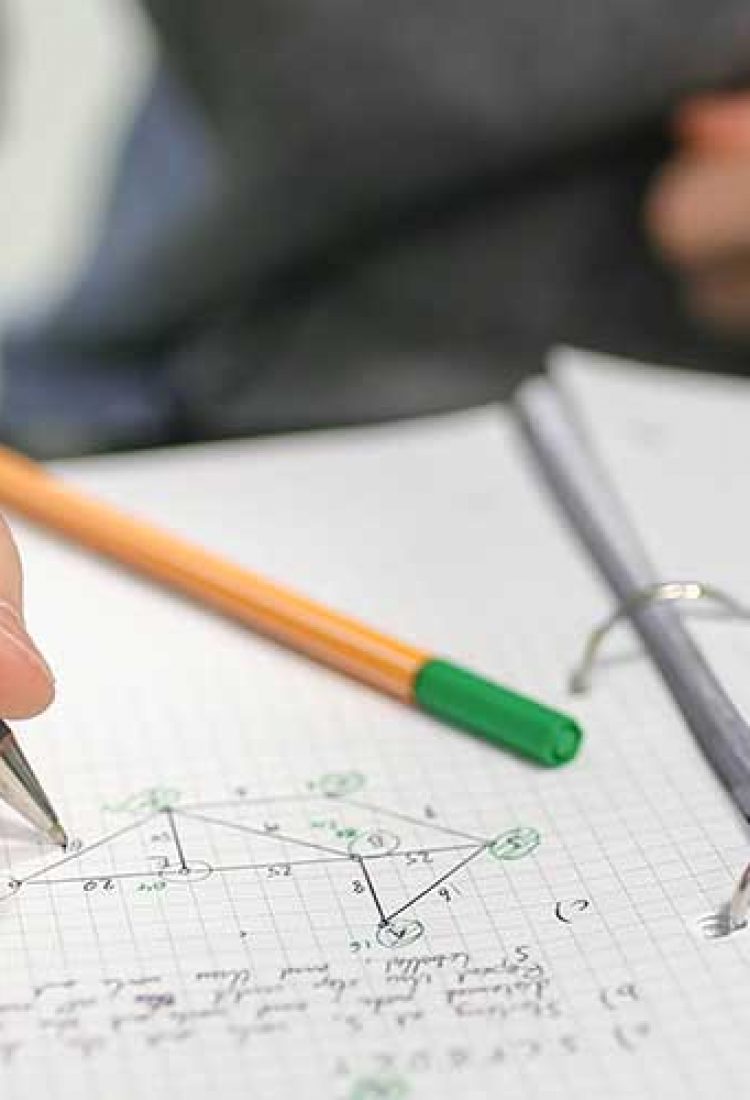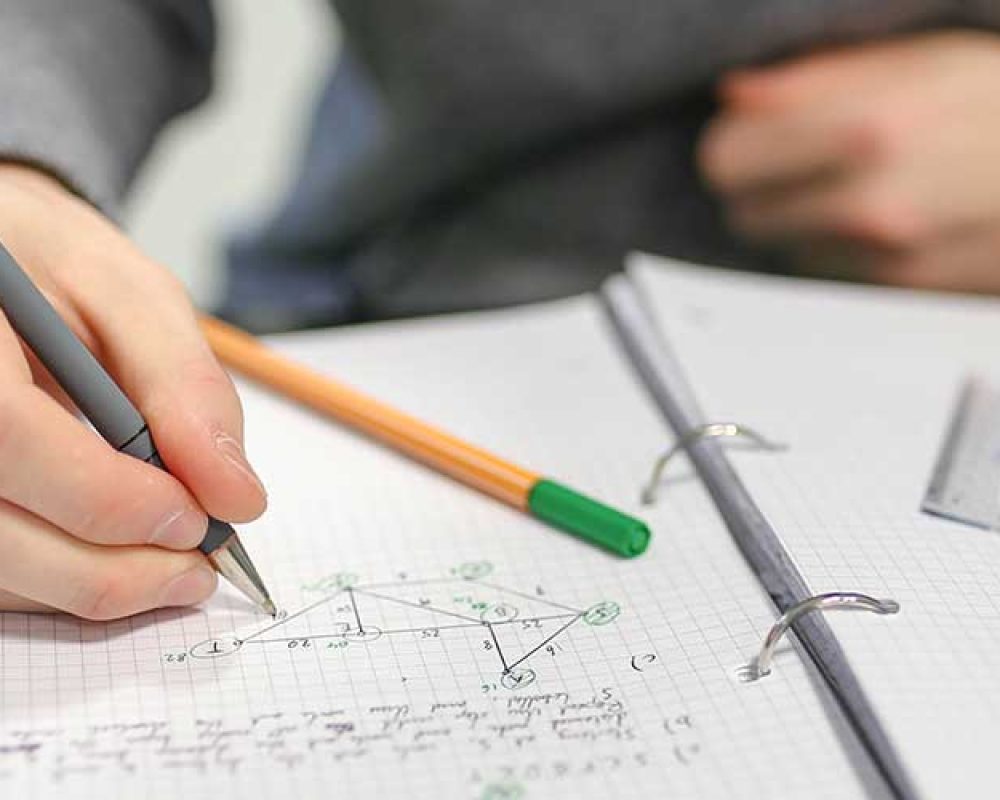Entry Requirements
Mathematics – Grade 7
Further Mathematics – Grade 8
Examination Board: Edexcel
Introduction/General Advice and Requirements
Mathematics at A Level is an academically rigorous and exciting course designed to further your knowledge from GCSE. You may find the course particularly suited to you if you enjoy solving unfamiliar mathematical problems and are interested in the “why” behind mathematical techniques.
Questions and areas that are addressed in the course include:
- Proving why there are an infinite number of prime numbers
- Using advanced trigonometry to model tide tables
- Using probabilities to test statistical hypotheses (for example, quantifying if two variables have a positive correlation)
- Mathematical modelling to predict the motion of objects
At Churston we ensure that you have an appropriate balance of problem-solving, enquiry and practice of key mathematical routines. With Chromebooks we are able to regularly use dynamic graphing software and to ensure that using a large data set.
As part of our approach we have also designed our curriculum to draw connections between the different disciplines. For example, Pure Mathematics topics, such as Binomial Expansion, that link with Statistics are sequenced carefully to maximise your understanding.
Course Content & Assessment:
The general content of A Level Mathematics is the same across all examination boards and consists of Pure Mathematics (66%), Statistics (17%) and Mechanics (17%).
Pure Mathematics: Pure Mathematics involves developing methods and techniques which underpin the study of all other areas of Mathematics, such as algebra, trigonometry, proof, calculus and vectors. While the focus is on Mathematics as its own discipline, many topic areas also model contextual scenarios.
Statistics: Statistics enables you to reach conclusions from data. You will study sampling methods, data presentation techniques and probability, which leads into the study of statistical distributions and testing statistical hypotheses. Your work will be supported through using a large data set and statistical analysis software.
Mechanics: Mechanics is the study of the physical world, modelling the motion of objects and the forces acting upon them. Students planning careers in Physics or Engineering will find the Mechanics elements of the course particularly useful.
Assessment:
The assessment is made up of three equally weighted papers, each 1 hour 30 minutes long. Paper 1 and Paper 2 cover the pure content and Paper 3 is made up of two sections covering Statistics and Mechanics.
CAREER OPPORTUNITIES
Mathematics is relevant to many different degrees and careers, all of which now require better quantitative skills. The following bullet points outline some career opportunities for those who choose to study Mathematics.
- There are many new applications of Mathematics in technology, including game design, internet security and communications.
- A good understanding of algebra, graphs, logarithms and probability are beneficial for those who study Chemistry, Biology and Geography.
- Psychologists use statistics to analyse relationships between variables and predict behaviours.
- Financial systems and online purchasing systems are also underpinned by Mathematics, relying heavily on online security and encryption.


